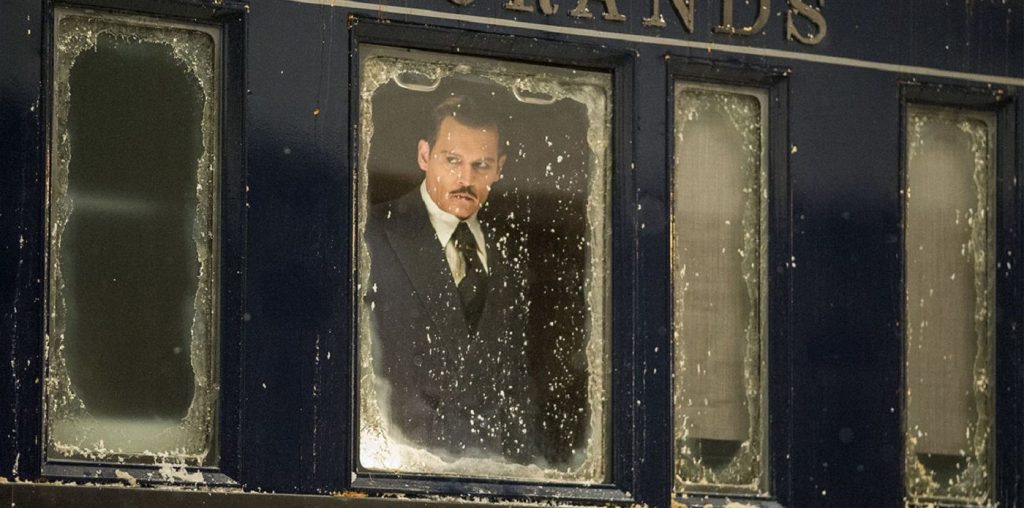On itsrnsurface, advance word on the new film reboot of Agatha Christie’s classicrnmystery “Murder on the Orient Express” made me cringe. As much as I hate therncurrent cinema climate in which umpteen sequels are pumped out to mindlessrndreck, this edition of “Murder” seemed to signal millions of dollars beingrnpoured out to tell a story we’ve all seen before, way too many times.
Aside fromrnthe Christie novel, “Murder” had a predecessor in a 1974 film that scored bigrnat the box office and garnered six Oscar nominations, including wins for IngridrnBergman as Best Supporting Actress and a Best Actor trophy for Albert Finney.rnIt would seem wise to leave that classic untouched, but director KennethrnBranagh has stepped up to deliver a film that pairs vivid performances by anrnall-star cast with stunning imagery, with a screenplay by Michael Greenrn(“Logan”) that attains an emotional resonance often lacking in major-studiornfare.
Best ofrnall, this “Murder” has been shot with the option of being displayed in thernfull, now-rare glory of the 70mm format. The result is a dazzling work of artrnthat is alternately fun to watch and hard to shake, the very definition ofrnmust-see filmmaking and worth every penny viewers pay at today’s excessivernprices.
Branaghrnholds the screen magnetically with his lead performance as Inspector HerculernPoirot, a man whose ace deductive skills have made him famous across Europe.rnAfter an amusing opening sequence in which he reveals that it’s a corruptrnpolice officer who committed a heinous crime, Poirot needs a vacation.
While therninspector sports an impressive handlebar mustache and a showman’s panache, hernis secretly saddened by the loss of his wife. A friend takes pity on hisrnloneliness and offers him the chance to head to Istanbul and hop a luxuryrnpassenger train called the Orient Express for some rest and relaxation.
Poirotrnquickly notices a string of odd behavior and quirks from a dozen of his fellowrnpassengers, including an actress experiencing fading glory (Michelle Pfeiffer),rna doctor with an attitude (Leslie Odom Jr.) and an uptight missionary (PenelopernCruz). The train is trapped by an avalanche while traveling through mountains,rnand the train’s chief (Johnny Depp) is found stabbed to death.
As Poirotrntries to unravel the mystery of who killed the chief, it leads to a deliciousrnarray of twists and turns that pay off with a walloping surprise.
Branagh andrnGreen manage to give “Murder” an impressively deep moral sense. Add in nornnoticeable foul language, sex or nudity, and this is a film that most anyonerncan see, although the intelligence level required to follow its complexrnplotting and characters is at a smart teen and adult level.
HarisrnZambarloukos creates scenescapes in “Murder” that resemble Thomas Kincaidrnpaintings come to life. The overall result is a visual masterpiece thatrndeserves to win numerous Academy Awards next year.
I’d like tornadd one point about how I rate films. I judge each one by how well it achievesrnits purpose: if it was a comedy, did it make the audience laugh? If it was arnthriller, did it keep the audience on the edge of their seats?
Withrn“Murder on the Orient Express” (rated PG-13), it attained its goal at arnterrific level, and thus earns a top-notch grade. Here’s hoping the trendrncontinues.

